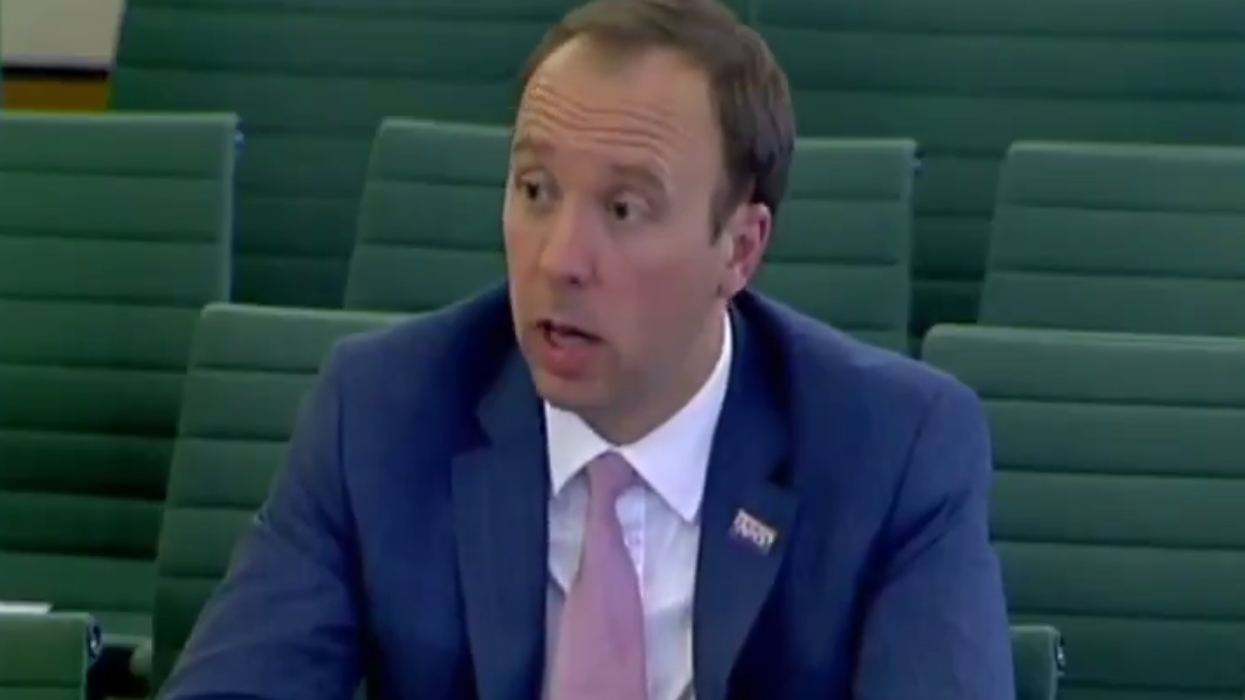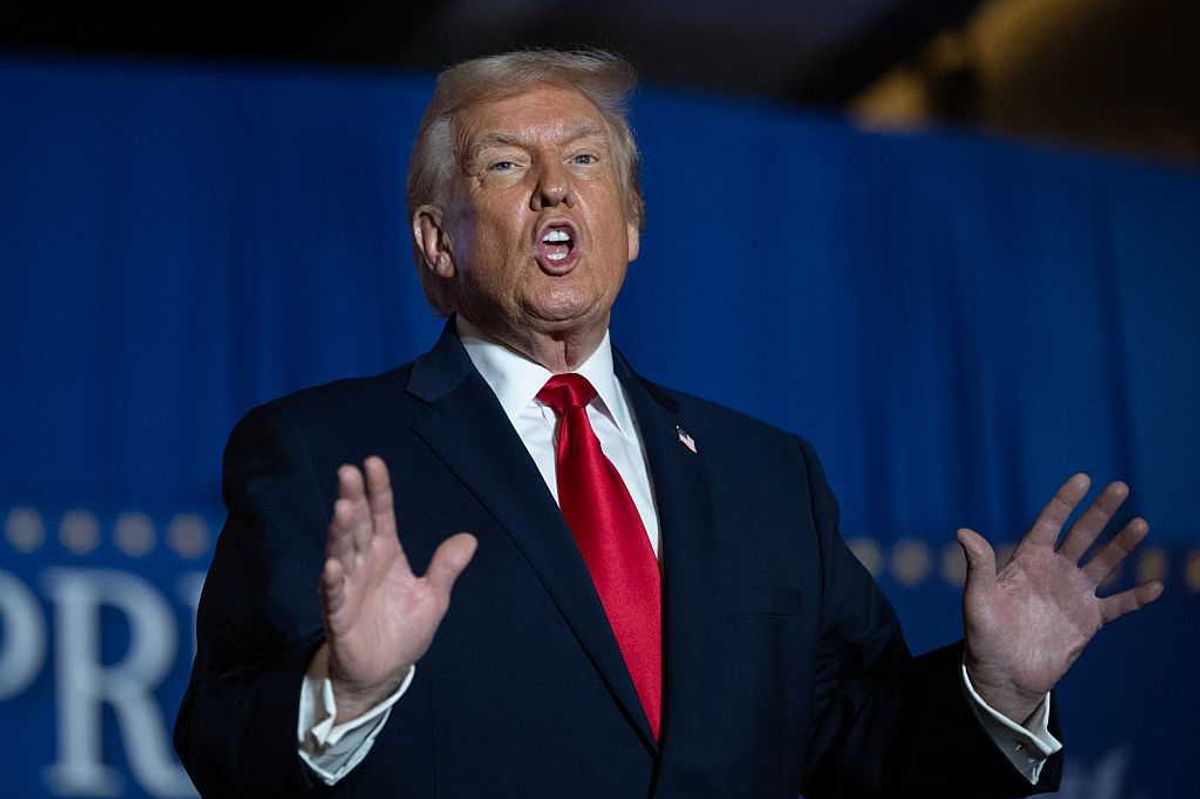News
Louis Staples
Jul 21, 2020

Another day, another completely bizarre controversy featuring embattled health secretary Matt Hancock.
This time Hancock has been accused of a "ludicrous rewriting of history" after he attempted to claim it was "wrong" to say England’s lockdown was imposed on a specific date.
Addressing the Commons Science and Technology Committee, Hancock said the government had "strengthened" restrictions from mid-March, but the idea that lockdown "was a date" was incorrect.
Sound familiar?
Last week this row kicked off in the House of Commons when Labour MP Zarah Sultana quizzed Hancock on the timeline of lockdown. Hancock said it had begun on 16 March, when in fact it wasn’t until 23 March that Boris Johnson officially told British people to stay home in all circumstances (key workers aside, of course).
It’s true that a winding down of contact was happening before 23 March, but enforcement measures and official instructions were only brought in after the prime minister made his televised address.
Responding to Hancock’s 16 March remarks last week, Sultana said:
I think it is very important that we address the issue of dates because what I fear is that you are taking part in historic revisionism and it is really important we have that sense of accountability.
But now Hancock has scrapped the 16 March claim and decided that, actually, lockdown didn’t happen on a specific date at all.
He said:
The idea that lockdown as a date is wrong because what matters epidemiologically is the behaviour of people...
You saw that people were going about their business less and less.
And it’s fair to say not everyone is convinced by his latest pivot.
Labour's Jonathan Ashworth said it was a "ludicrous rewriting of history”.
On social media, people aren’t exactly buying it, either...
Hancock has insisted that a "whole series of actions were taken over that period" to tighten up restrictions.
He also said the government had acted on the scientific advice from 16 March to limit social contact among the public. He added that he believed the government had taken the "best decisions that we could, with the information that we had, at the time".
If one thing’s for sure, we can expect more scrutiny of exactly when key decisions were made over the coming months.
And it doesn’t seem like acting as though dates and times don’t matter (or don't exist) is really going to cut it.
Top 100
The Conversation (0)













